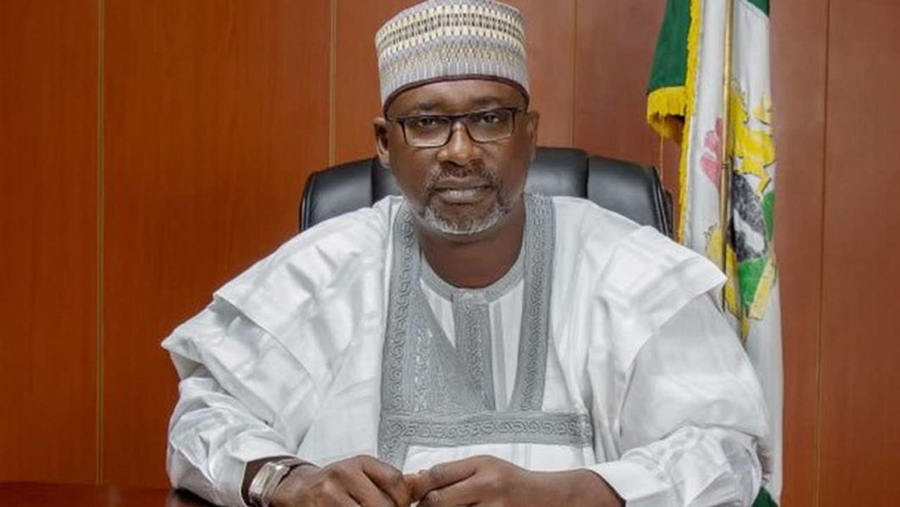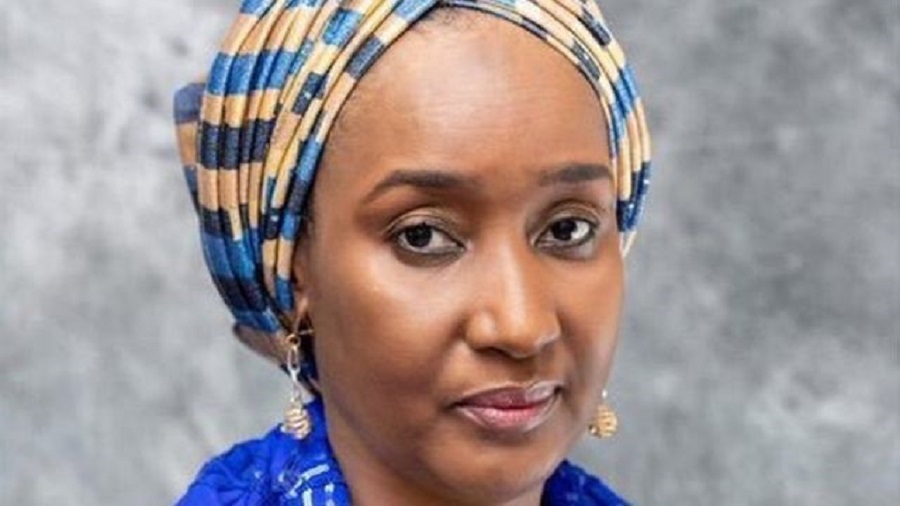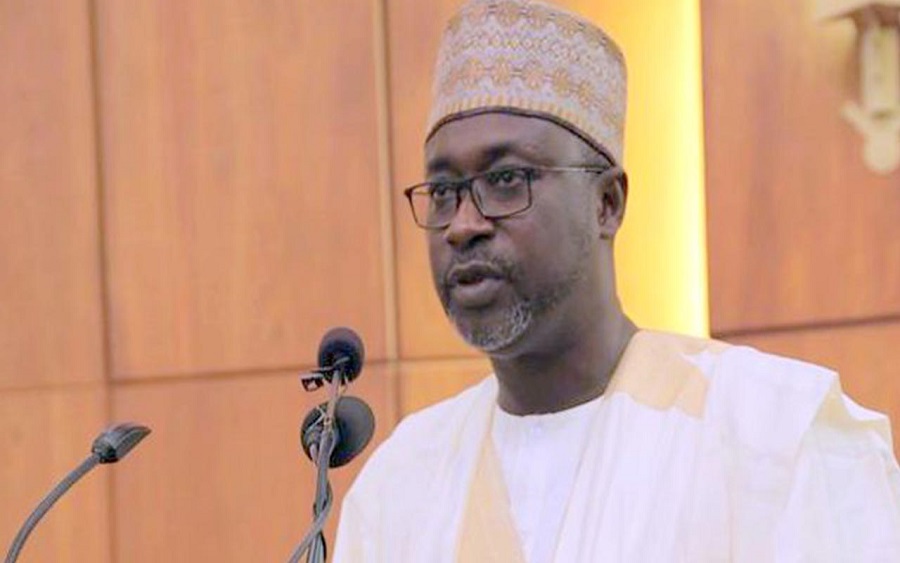The Federal Government said there is no need to declare a state of emergency over the tragic flooding incidents across the country.
This was made known on Thursday night by the Minister of Water Resources, Suleiman Adamu while appearing as a guest on a Channels Television programme, Politics Today.
According to him, the various emergency agencies across the country are not yet overwhelmed by the disaster.
What the Minister said
Adamu, while answering questions on why the Federal Government is yet to declare a state of emergency over flooding across the country, said:
- “It is certainly an emergency. But it depends on what you call a ‘state of emergency.’ We have not reached a situation, in my view, where the relevant emergency management authorities are not able to deal with this situation. I’m not aware that has happened.
- ‘’We have the federal government, state governments, state emergency management agencies, and federal emergency agencies and they have not in any way said that they are being overwhelmed by what they are doing.
- “I’m sure if the situation was beyond our capacity, certainly a state of emergency, whatever that may encompass, would have been declared in the country.”
Minister attributes flooding to unprecedented rainfall and not Lagdo Dam
Adamu said the main cause of the flooding was unprecedented rainfall, noting that the rainfall in the Northeast had been four times above the normal average.
He said that although the government had communicated an early warning system through the Annual Flood Outlook, the report could not predict the actual intensity of this year’s rainfall.
“It’s been a terrible one. Our hearts go to the victims of this flood. The entire country has been affected,” he said.
The Minister also disagreed with assertions by some people that the Lagdo Dam in Cameroon had been a major cause of the flooding, saying that the release of water from the Dam “plays a very little role” in the current disaster.
“Our transboundary waters are Rivers Niger and Benue, and Lagdo dam discharges into the River Benue, Niger, and Lake Chad. And these transboundary waters contribute only 20% to the freshwater resources in this country. The remaining 80% is generated within the country from rains or drains either to the North-East or coming into the Benue and Niger basins,” he said.
What you should know
- Nigeria has been battling with its worst floods in about a decade, with no fewer than 600 people reported to have been killed and billions of naira worth of properties damaged.
- Millions of people have been displaced due to flooding-related disasters this year with many parts of the country still submerged.
- The flooding, which has affected 27 out of the 36 states of the federation and some parts of Abuja, is said to have destroyed thousands of hectares of farmland, thereby worsening fears of disruption of food supply in Nigeria.
- Authorities had blamed this year’s flood on water overflowing from some local rivers, unusual rainfalls, and the release of excess water from Lagdo Dam in neighbouring Cameroon’s northern region, which could continue into November.














.gif)






